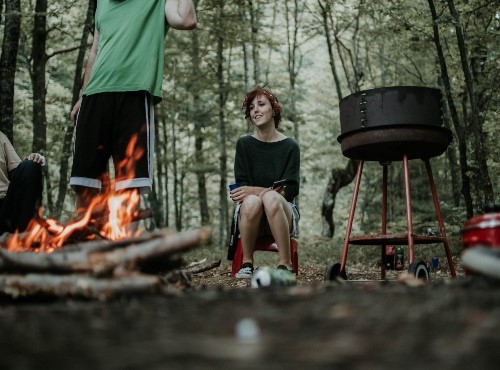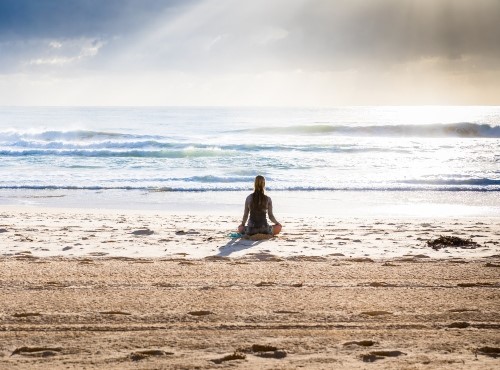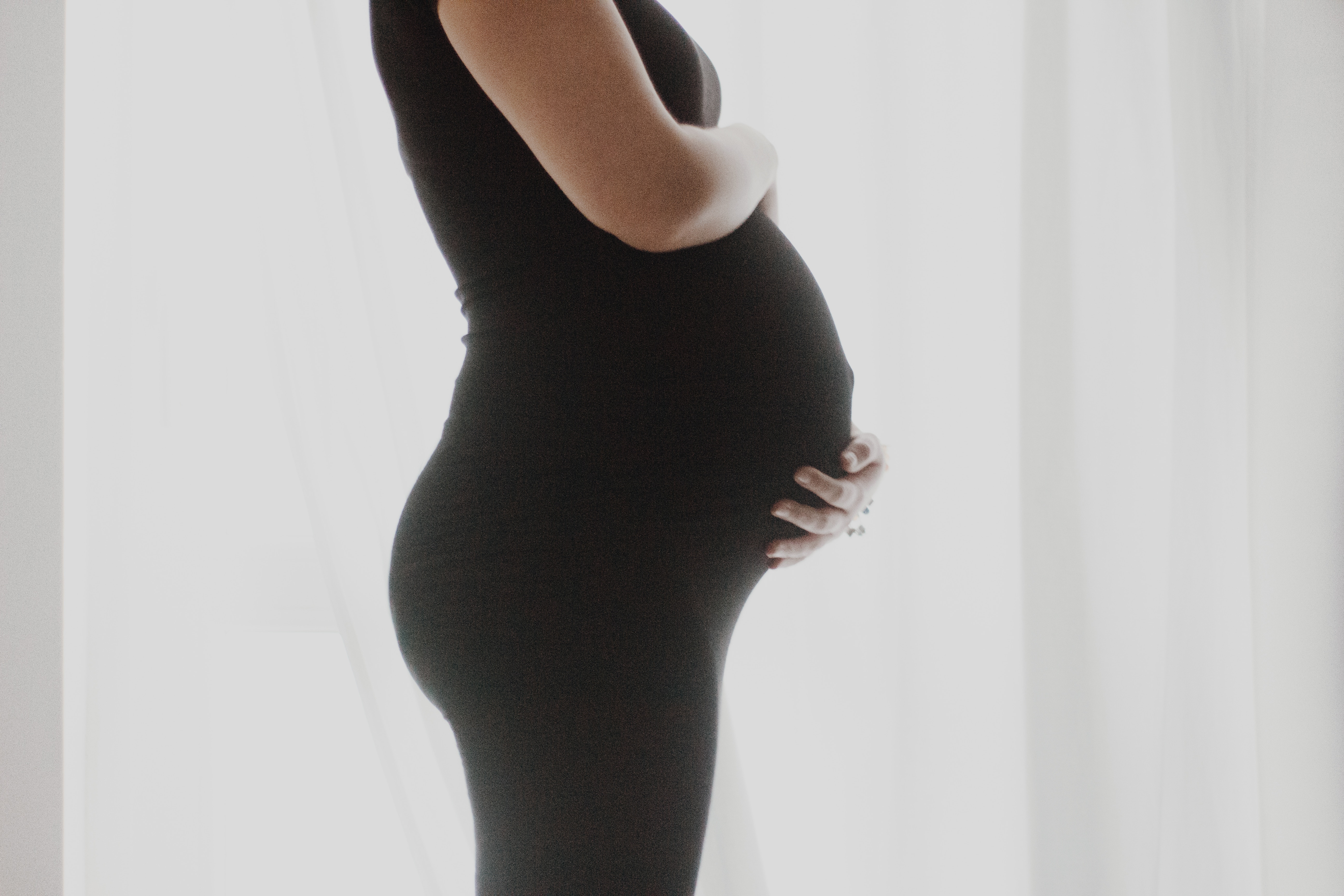
Wildfires terrify many. Until you’ve experienced one, you have no idea how quickly they can spread and the extent of the devastation they leave in their wake. The horrific Camp Fire that Paradise, California endured in 2018 shows how quickly one of these infernos can decimate an entire community.
As Smokey the Bear would say, “Only you can prevent forest fires.” It’s mostly true — we all have a role to play in keeping ourselves, our families and members of our community safer. Here are six tips for staying healthy and safe during this year’s wildfire season.
1. Obey No-Burn Rules
Before you head out camping, take a moment to check for any fire restrictions in the area you’re visiting. If an area has a burn restriction, respect it. If the thought of sleeping under the stars minus a campfire ruins the experience for you, select another location or wait until the restrictions are lifted.
Camping costs little if you find your own site, and many popular commercial campsites will offer refunds if fire restrictions delay your trip. Even if they do not, safe is far superior than sorry.
2. Exercise Caution with Fireworks
Depending on your jurisdiction, authorities may forbid fireworks or certain classes of them altogether. Yes, you can find illegal fireworks on the black market, but officials institute restrictions in order to protect public safety. Your need to be the cool mom or dad on the block does not trump your neighbors’ right to safety, so if fireworks are forbidden, find alternate means of entertainment.
If fireworks are permitted where you live, practice sound safety procedures when setting them off. Keep a hose or bucket of water nearby in case of sparks, and always supervise children, especially with sparklers.
3. Clear Debris and Brush
As most wildfires start when a spark ignites dried leaves and other debris, creating a defensible space around your home is key to keeping your family safe. Take time now when mowing lawns, etc., to trim any dead branches from bushes and trees around your house and rake the clippings up thoroughly. Also, clear away any branches overhanging roofs, where sparks from treetops can set your home ablaze.
When the weather cools, winterize any bushes near your home. Rake up all leaves thoroughly at least once per week, more often if you have a lot of foliage on your property.
4. Keep Barbecues Well Attended
Approximately 8,700 fires spark each year from gas grills. Most grill fires occur due to user error. Many barbecue masters fail to properly clean the grill after using it, intending to do so later. The grease ignites the next time you light it up.
Avoid leaving grills unattended even for short periods of time. Clean grills thoroughly after use. Keep the lid on the grill as much as possible to avoid stray sparks from igniting nearby bushes.
5. Make a Family Escape Plan
In the case a wildfire occurs, you’ll need to know how to reconnect with your family. You must have an evacuation plan in case a fire breaks out while you’re at home, as well as plans for where to meet and how to communicate if members are at work or school. Your plan should cover all of the following:
- Home evacuation. Identify at least three routes out of your home. Practice these with the kids, especially if one route involves climbing a ladder from a second-story window. When seconds count, you don’t want the little ones to freeze in terror. Pick a location outside your home to gather.
- Keeping cell phones charged. The worst thing in an emergency is a dead phone, especially when the power goes out. Purchase a backup charger for all family members and keep them in purses, briefcases and backpacks so you can always reach your family in an emergency.
- Identifying rescue locations. Should a fire break out, do you know where the nearest emergency shelters are? Where can you find your children if they’re at school when a wildfire rages? Contact your city hall and inquire about possible evacuation locations so you know where to look if the unthinkable occurs.
6. Know Basic First Aid
Your first step after escaping a fire remains calling 911. But if your family members suffer burns or smoke inhalation, knowing basic first aid can make the difference between a full recovery and permanent injury or worse.
Pass on putting anything on burns other than cool (not cold) water. For more serious burns, wait for emergency help to arrive. Never put butter or any other greasy substance on burns as this holds the heat in and causes further tissue damage.
For smoke inhalation, get the individual to a well-ventilated area. Administer rescue breathing if your family member stops breathing on their own or CPR if they lack a heartbeat.
If you suspect heat exhaustion or heat stroke, get the person to as cool an area as possible. Cool them with moist cloths or by fanning them until help arrives. If they’re thirsty, wet their lips with a damp rag, but avoid giving liquids until paramedics arrive — this can cause vomiting and further dehydration.
Staying Fire Safe
Wildfire season proves terrifying, but exercising proper precautions can keep you and your family healthy and safe. Follow the tips above to prevent fire danger before it starts and to help your family should the worst occur.






Be the first to comment